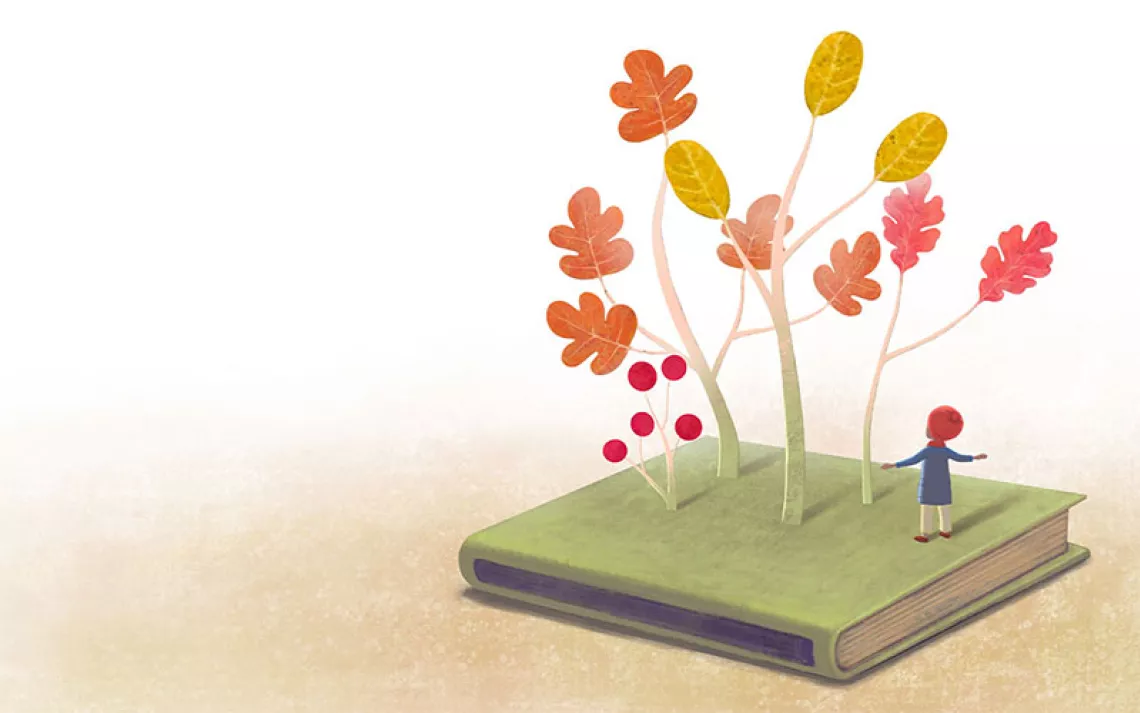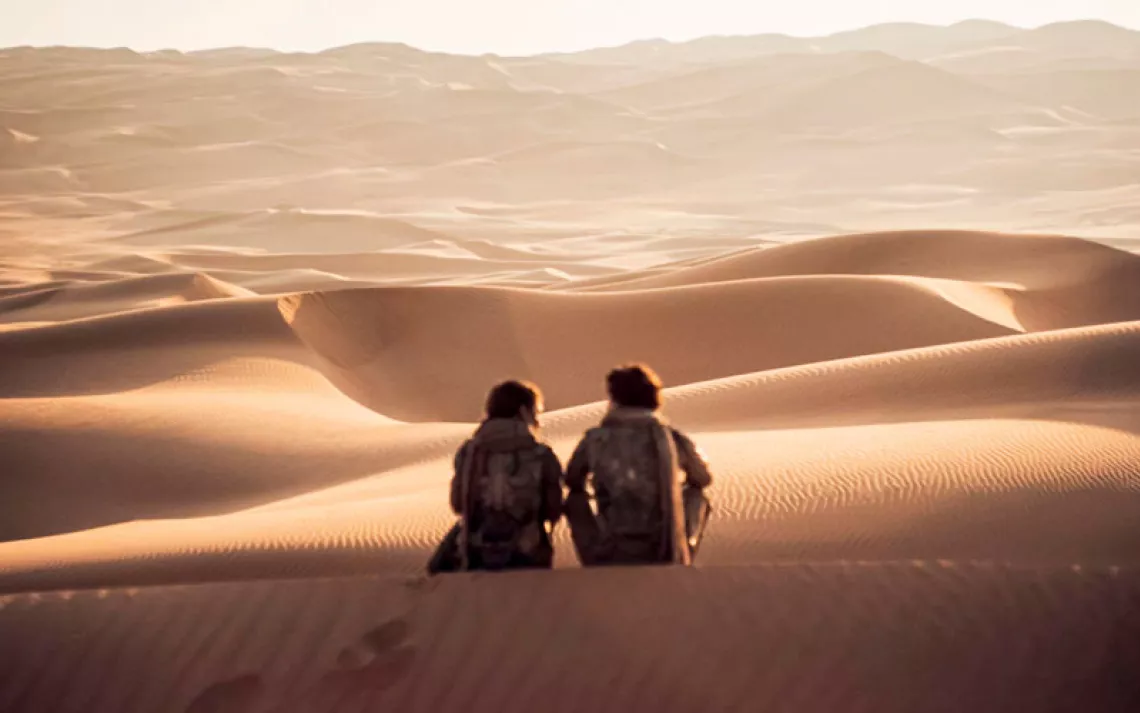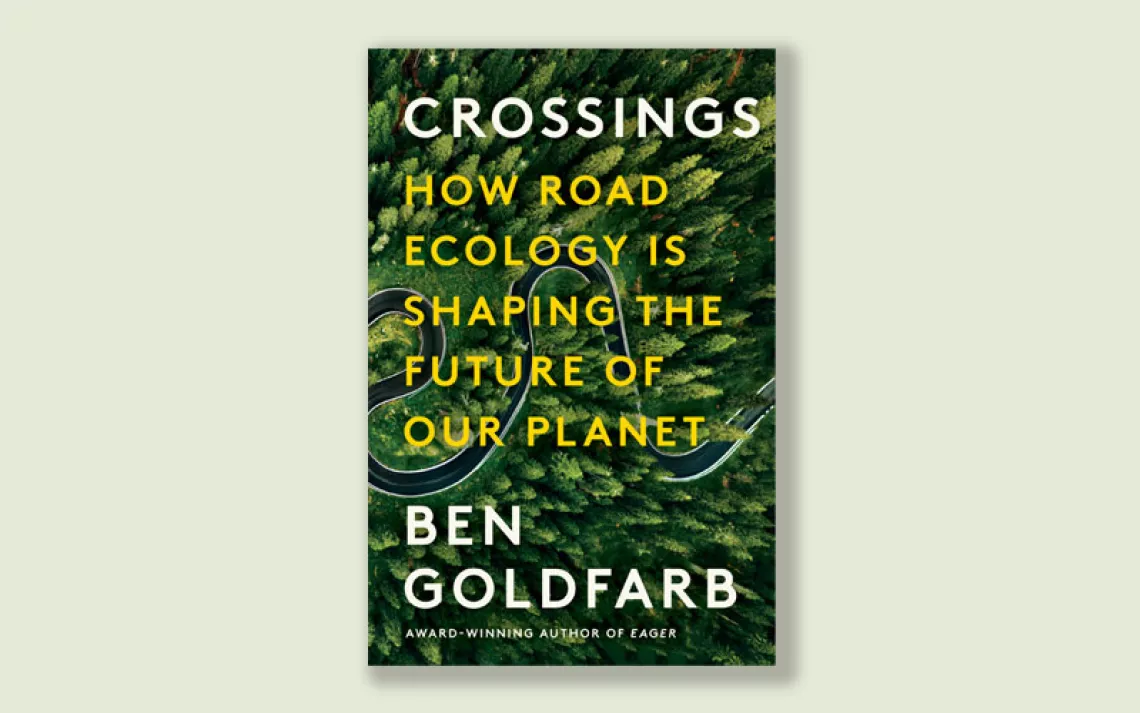A Book and Nature Lover’s Paradise, Colorado Style
This couple is converting an old cattle ranch into a library
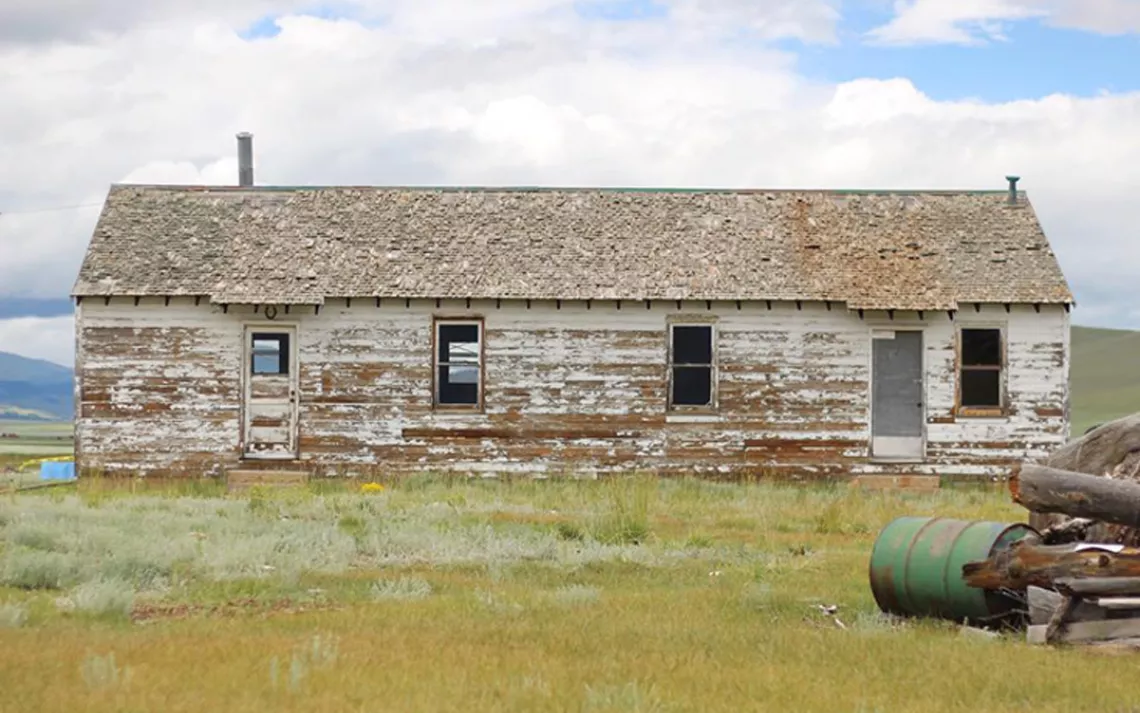
The Cook's House at Buffalo Peaks Ranch in South Park, Colorado | Photo by Christine Parker
Five years ago, when Denver booksellers Jeff Lee and Anne Martin discovered an abandoned cattle ranch in the quiet Colorado grasslands, they knew they’d found the perfect spot for a special kind of library.
They had conceived of the idea in the 1990s, shortly after marrying, while visiting Gladstone’s residential library in Wales. “It was just a beautiful place . . . out of Harry Potter’s Hogwarts,” Lee said. “The library drew you in, and the landscape around it drew you out.” The couple spent three days exploring both the stacks and the Welsh countryside and resolved to someday create a western-style iteration in their home state of Colorado.
Established in 1862, Buffalo Peaks Ranch rests in a high mountain basin in South Park, Colorado. When Lee and Martin stumbled upon it, the ranch had been vacant for over 20 years. The buildings were shuttered and the exteriors decrepit, and the rodents had done a number on the electrical wiring.
But the duo fell in love with the surrounding prairie, which sits 10,000 feet above sea level and is ringed by Colorado’s iconic peaks. For the past three years, their nonprofit, The Rocky Mountain Land Library, has been restoring the ranch with the help of volunteers. They recently finished a Kickstarter campaign that raised $140,000—$15,000 above their pledged goal—to refurbish one of the several buildings this summer. The Cook's House, previously the caretaker's quarters, will become a kitchen, a classroom, lodging, and the ranch’s first library. They’re also working with the National Renewable Energy Lab to explore the ranch's sustainable energy potential, including solar, wind, and geothermal systems.
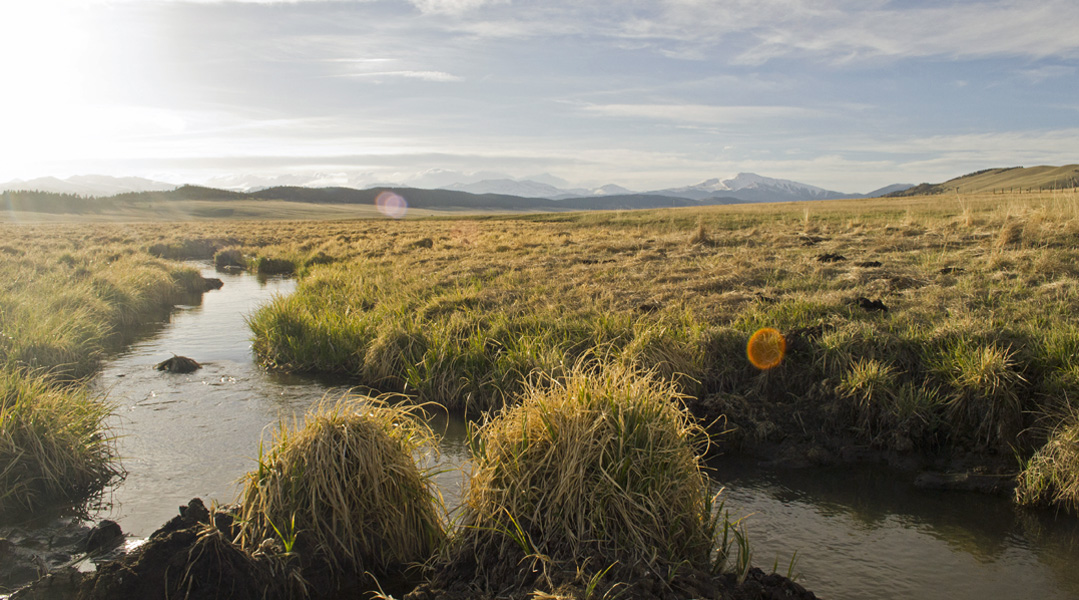
Trout Creek at Buffalo Peaks Ranch | Photo by Dan Mitchel
South Park’s silver-mining industry died decades ago, and the county doesn’t have a skiing or white-water rafting economy like other parts of the state. What it does have, however, is a rich history. In 2009, then-president Obama designated it a national heritage area, a marker for nationally important landscapes that have unique cultural, historic, and natural elements.
That attracted Lee and Martin, because Buffalo Peaks won’t just be a library in the conventional sense. Their intent is to create an institution for readers, writers, artists, scientists, and students of all stripes to meaningfully connect with the land through books and learning. The ranch will eventually house the Land Library’s 32,000+ books, many of which thematically reflect the human and natural history of South Park, from volumes on mining and ranching to early settlement of the region by Native Americans, Spanish, and white Europeans to the surrounding ecosystems and geology.
Remarkably, the collection is mostly personal donations from Lee and Martin. They amassed the library during their more than 30 years working at the Tattered Cover Book Store in Denver. Before visiting Gladstone’s, the couple already possessed a decent number of natural history titles. Since then, they've acquired books specifically with the Land Library in mind.
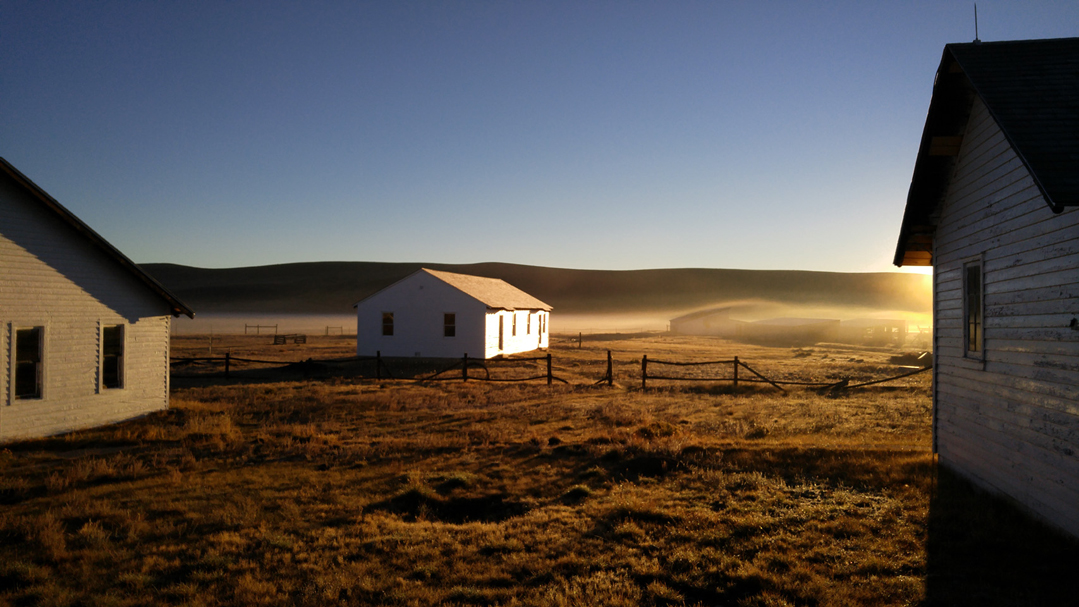
Photo by Carl Young
Though lacking electricity and running water, the Land Library has hosted events throughout the past two summers. Among them: haiku, water, and photography workshops; book clubs; field study courses for Colorado College students; and this coming summer, a cob oven building class. Lee and Martin look forward to when they can provide visitors with full amenities, but they and their crew of volunteers have always made due with what they have—like very limited funding at times—to advance the mission of connecting people with nature and the land. It’s an unusual endeavor, converting an abandoned ranch into a library, but Lee thinks that’s what appeals to people.
“It’s something they’ve never heard of, but when they think about it, they think, ‘God, wouldn’t that be wonderful? Shouldn’t every region have a land library?’ They recognize books as a powerful tool to help us understand the natural world and give us the right tools to take care of it.”
“Even in our technologically saturated world,” Lee says, “people still love books.”
 The Magazine of The Sierra Club
The Magazine of The Sierra Club
